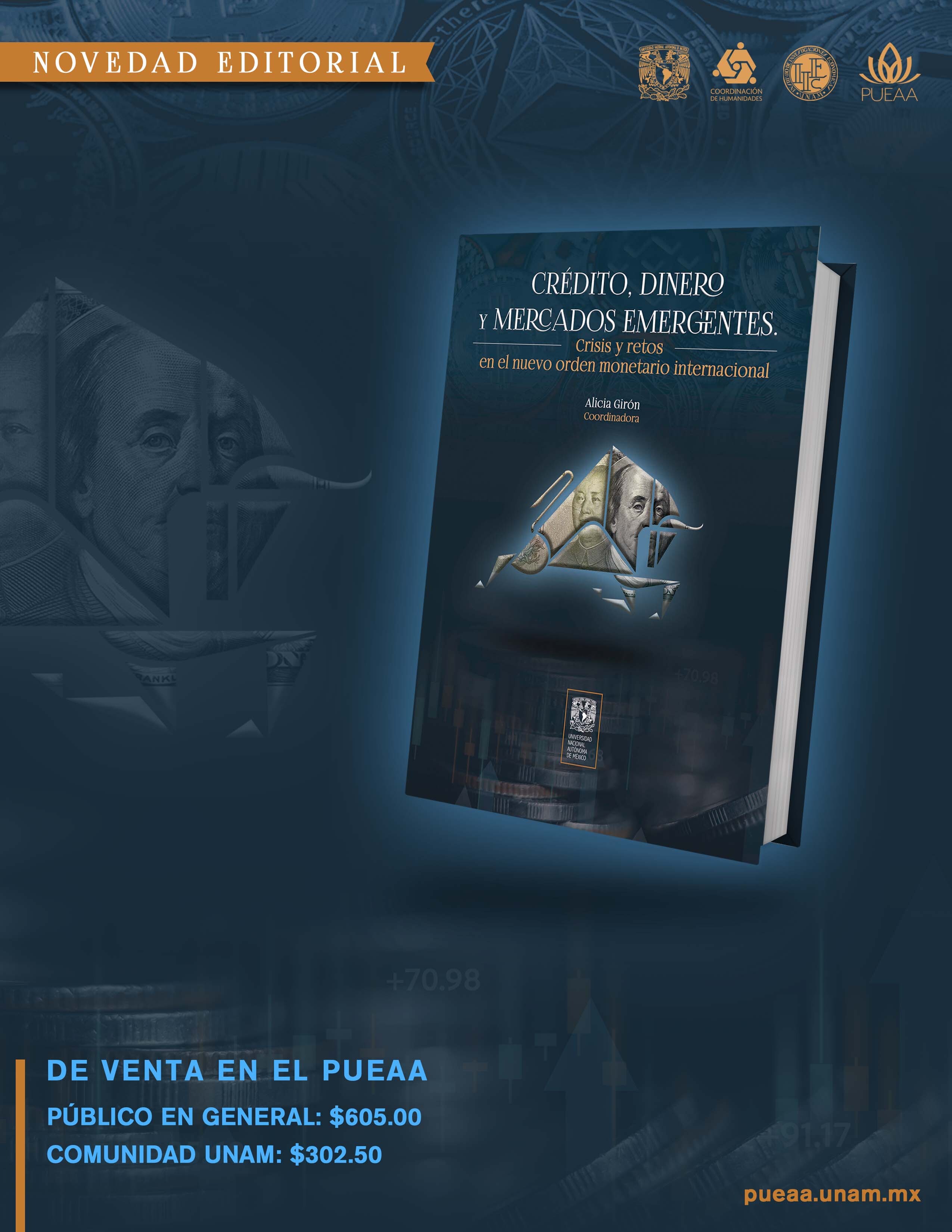He holds a PhD in International Relations and African Studies from the Autonomous University of Madrid and a Bachelor and Master's degree in Political and Social Studies from the Sciences-Po Institute of Political Studies, Paris. He has done research and fieldwork at the Institut Fondamentale d'Afrique Noire of the Cheikh Anta Diop University in Dakar as well as at the Gaston Berger University in Saint-Louis, Senegal. Member of the Working Group of the University Program of Asian and African Studies, coordinator of the Diploma in African Studies, "Memory and Contemporary Dynamics" 2018-2019, 2019-2020 and 2020-2021. He is a member of the African Studies Group at the Autonomous University of Madrid and his research topics are: Sufi Islam, African transnational networks and migrations, processes of State and identity formation and construction in sub-Saharan Africa and Senegal. He is currently a full-time associate professor-researcher at the Center for International Relations of the Faculty of Political and Social Sciences of the UNAM where he teaches, among others, the subject of Africa as part of the curriculum of the Bachelor's Degree in International Relations. He is a candidate for the National System of Researchers (SNI).

This book is the product of an academic effort made by different institutions in the world. It is also one of the most significant steps that UNAM has taken to open spaces for African studies in the institution. It is imperative to study global history from an African perspective, not only because its own history was erased as one of the consequences of European imperialism and colonization during the nineteenth and first half of the twentieth century.
The reader will find outstanding contributions regarding Africa authored by academics of different countries and institutions, focused on diaspora, mobility, and transnational dynamics, both inside and outside of the continent. On the other hand, anthropological approaches to Africa in this volume intend to study some cases as the Tuareg rebellion or the pentecostalization of social life in African states like Benin. Finally, another topic that has received much scholar attention in recent years and that plays an ever-greater role around theoretical and political issues concerning African Studies besides decolonization and deconstruction is the task of de-gendering the role of women in both African Studies and African political societies. This book tries to prove the need of deepening our understanding of Africa’s political, social, and cultural problems in order to advance scientific knowledge, not only at UNAM but also at other academic institutions across Mexico, Latin America and, the world.

En economías monetarias de la producción, el dinero crédito es el medio para las transacciones de intercambio entre los agentes económicos. El dólar, moneda hegemónica, ha jugado un papel importante en el desarrollo económico, político y social durante las últimas siete décadas de constantes crisis económicas y financieras. Sin embargo, el dólar se está desdibujando en los mercados emergentes. Las tensiones financieras están surgiendo a raíz del alza de las tasas de interés por la injerencia de los bancos centrales y por el creciente endeudamiento de los países soberanos. Lo anterior, sumado a la crisis del cambio climático, así como al avance de la economía digital y a una frágil recuperación del empleo, vuelven necesario el análisis y el estudio del comportamiento del crédito. El libro Crédito, dinero y mercados emergentes. Crisis y retos en el nuevo orden monetario internacional aborda los cambios ocurridos a nivel mundial cuyo resultado fue la conformación de un mundo multipolar con implicaciones en los circuitos financieros.

This book is a reflective and critical history about the shaping of the Mouride confraternity, a Sufi Islamic grouping originally from Senegambia that has extended its links across borders thanks to the contemporary migratory phenomenon. The author traces the ideological and organizational foundations of the Mouride to the expansion of their practices and beliefs in the era of globalization, delving into the nature of the relationship between religion, secular politics and migration, elements that in synthesis explain the configuration of the confraternity. The originality of the approach of this study lies in its methodology: the objective is to analyze the process of consolidation of the Mouride community at an international level from the temporality and conception of the confraternity itself, contrasting sources of the latter with Western sources and making a reading that questions the vision of Eurocentric historiography.
